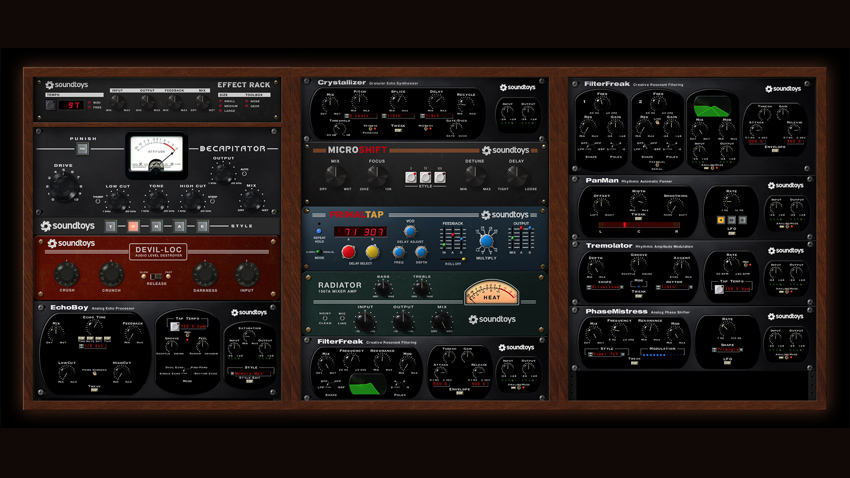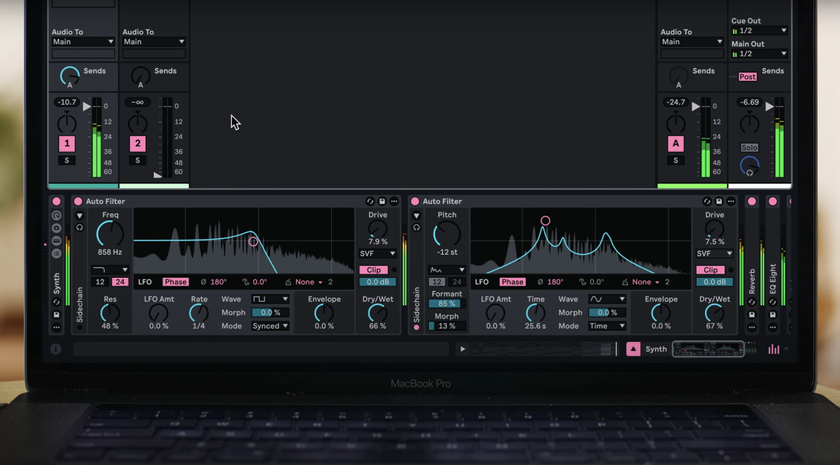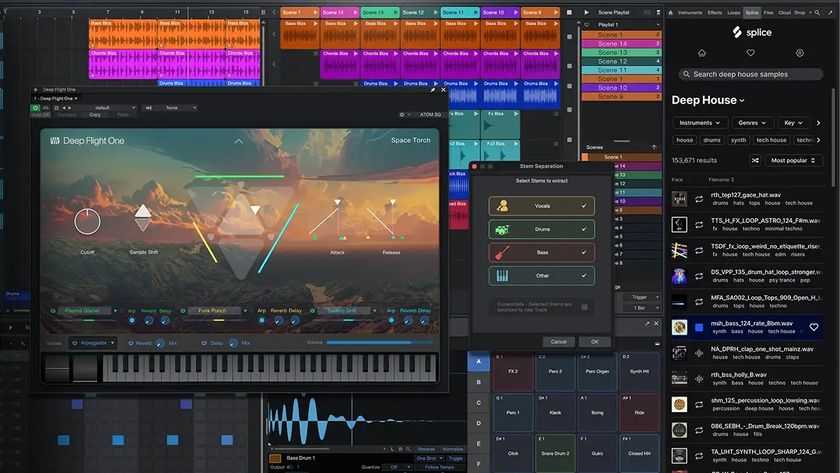Why are we seeing more plugin racks, shells, chainers and non-DAW hosts?
You can now call up your effects and instruments in more places than ever before

When you need a plugin host but you don't actually intend to record or sequence anything, there are now more options on the market than ever before. It all comes down to stability in a live context and resource usage, reckon our five industry insiders…
Cantabile Software
"I think this all comes down to virtual instruments and live performance. We've reached the point where even a modest PC can handle incredible-sounding plugins well enough to be played in real time. The ability to load up a notebook with hundreds of great sounds gives musicians a lot of room for creativity and a lot less gear to take on the road. However, for this to work effectively, you're far better off with a nimble host designed specifically for live performance"
Brad Robinson
DDMF
"I think there are two main reasons for this recent trend: one has to do with the fact that Avid seems to be more willing now to allow VST-AAX or AU-AAX wrappers than they used to be. Then, the use of JUCE as a development framework is now more widespread, offering, to the experienced developer, a relatively comfortable way to write plugins that host other plugin formats."
Christian Siedschlag
eaReckon
"Using a computer as a musical instrument has always been a real dilemma. On one hand, a computer is now unanimously recognised as a powerful tool that ably replaces a large set of bulky, sometimes unaffordable or even nonexistent musical devices. On the other, it retains the image of a studio tool, which is not conducive to a direct and physical relationship.
"Non-DAW hosts probably attempt to resolve this dilemma by providing a different workflow that suits the logic of musicians (keyboardists, especially) or technicians in live situations, who just want to forget their computer while taking advantage of its immeasurable power/price ratio."
Get the MusicRadar Newsletter
Want all the hottest music and gear news, reviews, deals, features and more, direct to your inbox? Sign up here.
Philippe Decuyper
Soundtoys
"Our plugins were designed to work as a complete system, and an effect rack was part of the first design spec. It's taken us this long to design a complete-enough set of effects to make the idea useful, and for increased CPU power to make it viable. I think the popularity of 500 series rack modules, the new wave of modular hardware synths, along with higher-resolution displays, and artists getting more comfortable with using computers outside the studio - for live performance - has helped push this idea into the mainstream."
Ken Bogdanowicz
Blue Cat Audio
"It's much more convenient to launch a light host application to play a virtual instrument with effects than having to load a full-featured DAW. With such a host, you can use a laptop as an instrument on stage. Also, we're all using several DAWs nowadays, and when available as a plugin, a third-party chainer lets you share configurations between DAWs."
Guillaume Jeulin


Computer Music magazine is the world’s best selling publication dedicated solely to making great music with your Mac or PC computer. Each issue it brings its lucky readers the best in cutting-edge tutorials, need-to-know, expert software reviews and even all the tools you actually need to make great music today, courtesy of our legendary CM Plugin Suite.












